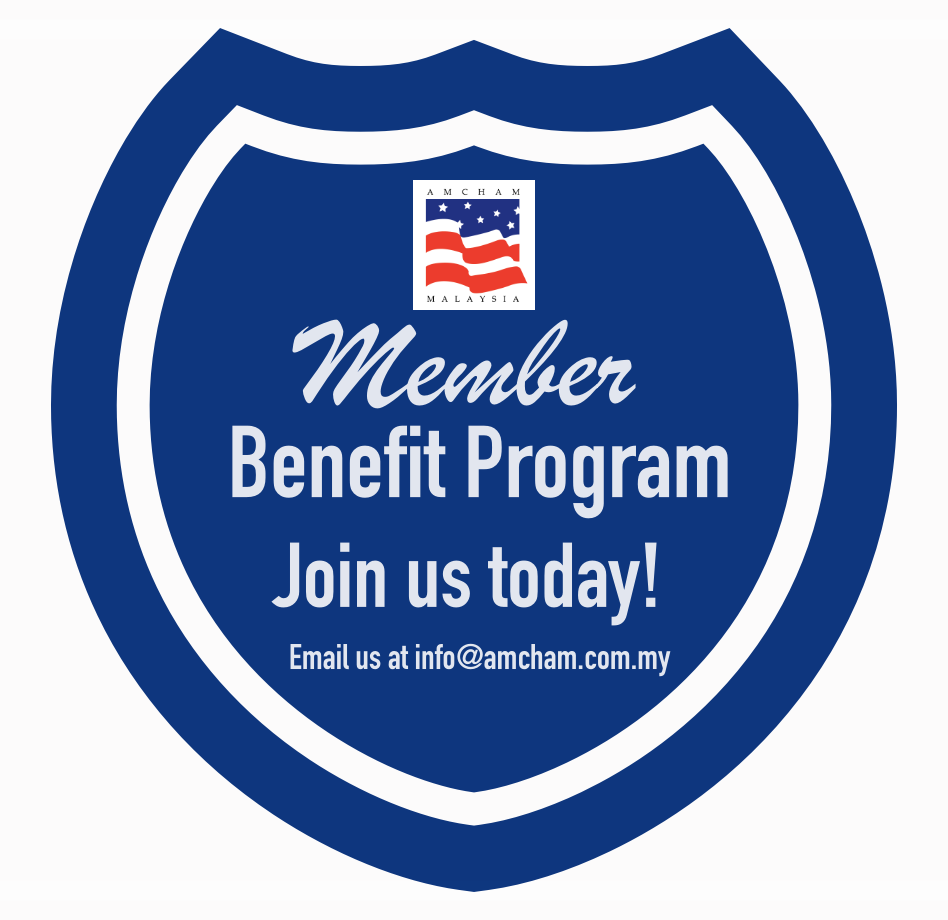Novartis Malaysia – Partnerships for the Goals
Novartis Malaysia – Partnerships for the Goals

For nearly 20 years, Novartis has broaden oncology drug access through the Glivec® International Patient Assistance Program (GIPAP) worldwide. GIPAP is one of the most innovative patient assistance programs ever implemented on a global scale. Through GIPAP, Novartis provides imatinib at no cost to eligible patients in lower-income countries where there may not be access to reimbursement or funding mechanisms and to those unable to pay for the medication. The program has served the CML treatment needs of approximately 75,000 people since its inception.
Since 2002, GIPAP has helped many Malaysian Chronic Myeloid Leukemia (CML) and Gastrointestinal Stromal Tumor (GIST) patients to receive treatment with imatinib under the expert care of physicians. In 2008 GIPAP transitioned to the Malaysian Patient Assistance Program (MYPAP) and Novartis Oncology Access (NOA) (2012) respectively which included the 2nd generation TKI nilotinib. MYPAP program is based on a co-shared contribution model, whereby the annual treatment cost is partially covered by the Ministry of Health (MOH) and partially contributed by Novartis. To date, the programs have provided supports to more than 2,000 people living with CML and GIST.
This cost-sharing model has effectively provided universal coverage to CML and GIST patients in Malaysia for nearly a decade, and remains a unique model not being offered to any other therapeutic area. MyPAP has continued to grow from strength to strength in support of the increasing number of CML and GIST patients. It also underscores the organization’s commitment to oncology research within the country in addressing unmet needs in Malaysia, and with the focus on delivering the right treatment to the right patient, one of which is by enabling industry-leading access programs to improve availability of treatment and care. This is also in line with some of SDG17’s goals namely:
- Encourage Effective Partnerships – encourage and promote effective public, public-private and civil society partnerships, building on the experience and resourcing strategies of partnerships; and
- Enhance the Global Partnership for Sustainable Development – Enhance the Global Partnership for Sustainable Development, complemented by multi-stakeholder partnerships that mobilize and share knowledge, expertise, technology and financial resources, to support the achievement of the Sustainable Development Goals in all countries, in particular developing countries.



